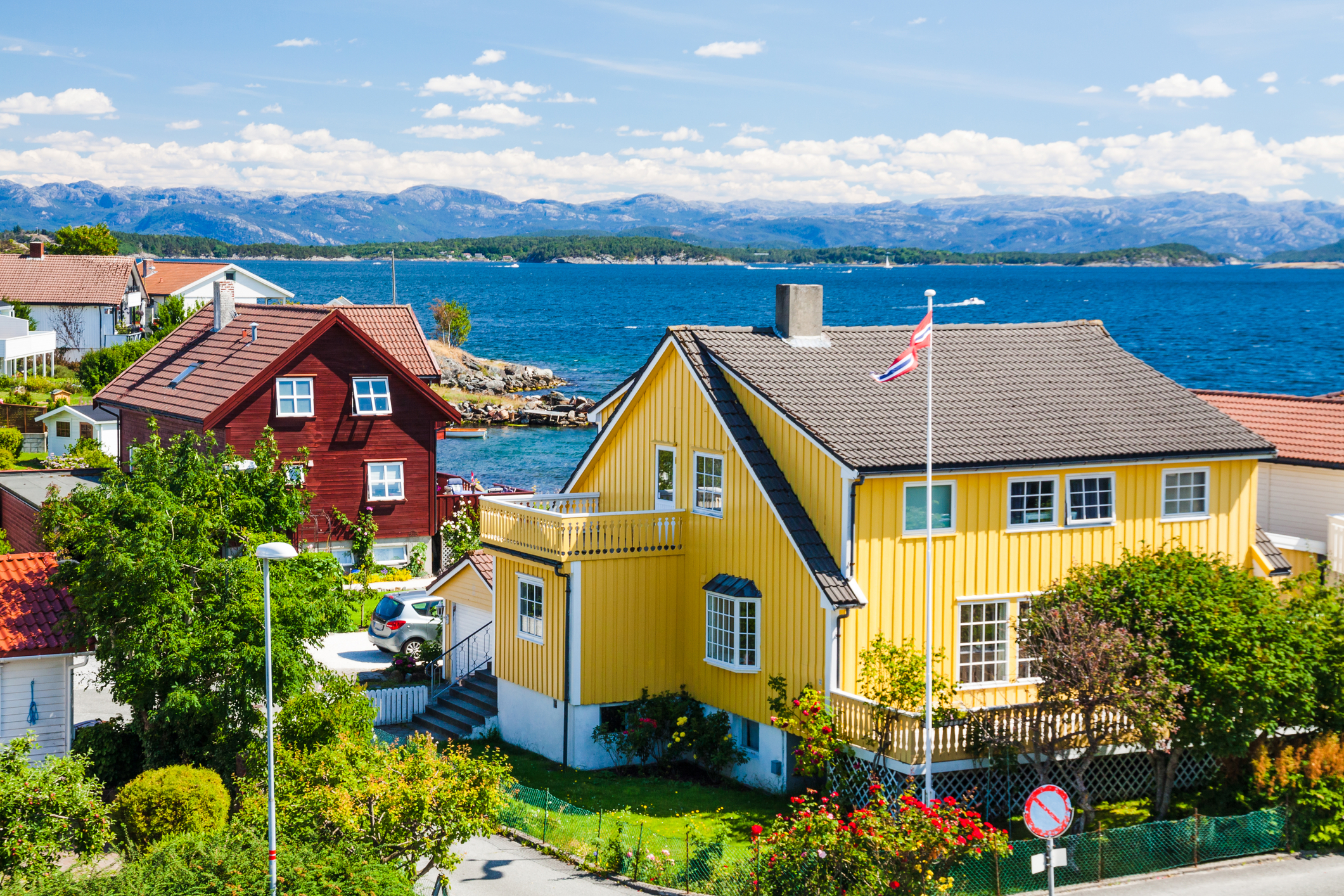
The Rise of Smart Homes: A Comprehensive Guide for Sophisticated Buyers
As a luxury home inspector, I have witnessed the rapid growth and development of smart homes over the past few years. These technologically advanced homes offer a wide range of benefits, including increased comfort, convenience, security, and energy efficiency. Frankly, they do not make my job as an inspector easier - but they offer a great deal of benefit to the homeowners.
What is a Smart Home?
A smart home is a residence equipped with internet-connected devices that can be controlled remotely or programmed to operate automatically. These devices can range from smart thermostats and lighting systems to security cameras and door locks. By connecting to a central hub via computer, computer app, or smartphone app, homeowners can manage their home's systems and appliances from anywhere in the world.
Benefits of a Smart Home:
Comfort: Smart homes provide a high level of comfort by allowing you to control the temperature, lighting, and entertainment systems with ease.
Convenience: With a smart home, you can automate routine tasks such as turning on the lights or adjusting the thermostat, saving you time and effort.
Security: Smart homes offer enhanced security features, including surveillance cameras, motion detectors, and smart locks that can be controlled remotely.
Energy Efficiency: By optimizing your home's heating, cooling, and lighting systems, you can significantly reduce your energy consumption and save money on utility bills.
Key Features of a Smart Home:
Smart Thermostats: Smart thermostats are easily the most common of the smart home technologies that I see deployed. These devices learn your preferences and adjust the temperature accordingly, ensuring that your home is always at the perfect level of comfort. The biggest selling point for my 86-year old father is the ability to use his phone to have the house warmed up before he gets there.
Smart Lighting: With smart lighting, you can control the intensity and color of your lights, as well as set schedules for when they turn on and off.
Smart Security: Smart security systems include features such as cameras, door locks, and motion detectors that can be monitored and controlled remotely.
Smart Appliances: From refrigerators that can order groceries to washing machines that can be controlled from your smartphone, smart appliances are designed to make your life easier.
What to Consider When Buying a Smart Home:
Compatibility: Ensure that the smart devices and systems in your home are compatible with one another and can be controlled from a central hub or app.
Security: Be sure to choose devices with strong security features and regularly update their software to protect against potential vulnerabilities.
Energy Efficiency: Look for smart home systems and devices with high energy efficiency ratings to help reduce your carbon footprint and save money on utility bills.
Professional Installation: For a seamless and hassle-free experience, consider hiring a professional to install and set up your smart home systems.
Smart homes offer a wealth of benefits for sophisticated buyers, from increased comfort and convenience to enhanced security and energy efficiency. By understanding the key features and considerations of smart homes, you can make an informed decision and enjoy the many advantages of living in a technologically advanced residence.
Wine Cellars - A Must Have in Luxury Living
Unlocking the Secrets of a Well-Designed Wine Cellar: A Must-Have for Luxury Homes
Why a Wine Cellar?
If you're reading this, chances are you appreciate the finer things in life. A well-stocked wine cellar is more than just a symbol of luxury; it's a journey into the world of viticulture, an adventure in taste, and a commitment to preserving the legacy of winemaking. In the heart of a luxury home, a wine cellar isn't just a storage space—it's a sanctuary for your cherished collection.
The Art of Temperature and Humidity Control
First and foremost, wine demands the right environment. Think of your cellar as a time capsule, where each bottle matures gracefully. Temperature consistency is key—around 55°F is ideal. This slow maturation process is what turns a good wine into a great one. Humidity plays a crucial role too, hovering around 70% to keep corks from drying out and letting air spoil the wine.
Designing for Aesthetics and Functionality
A wine cellar is more than a storage space; it's a showcase. Whether you prefer a classic, rustic charm or a sleek, modern look, the design should speak to your personal style while maintaining functionality. Custom shelving, strategic lighting, and climate control technology merge to create not just a storage area, but a centerpiece of your home.
Location, Location, Location
The placement of your cellar is as important as its design. Traditional below-ground cellars are popular due to natural temperature stability. However, with modern technology, you can integrate a wine cellar anywhere—from a spacious basement to a cozy nook under the stairs. The key is insulation and a climate control system tailored to your home's unique environment.
Security and Protection
A wine collection can be a significant investment. Protecting this asset goes beyond physical security systems. Proper racking prevents vibration, which can disturb sediments in the wine. UV-protected glass and LED lighting safeguard against light damage. Think of it as an insurance policy for your collection's longevity and taste.
The Social Hub
Beyond storage, a wine cellar can be a social hub. Imagine hosting tastings or intimate gatherings surrounded by your curated collection. It's a space that invites conversation, appreciation, and enjoyment—a true reflection of your lifestyle and passions.
Inspecting the Wine cellar
When inspecting a wine cellar, my role as the inspector would be t0 meticulously examine the cellar's temperature and humidity control systems, ensuring that the temperature is consistently around 55°F and humidity hovers around 70%. This balance is crucial to prevent wine spoilage and to maintain cork integrity. I would also assess the cellar's insulation and overall construction, checking for signs of proper ventilation, absence of direct sunlight, and effective climate control integration, especially if the cellar is located in unconventional areas of the home, like under the stairs or in a converted room.
A well-designed wine cellar is more than a luxury; it's a necessity for the connoisseur. It's where your collection is not only stored but celebrated. It's where every bottle tells a story, and every glass poured is a memory in the making. So, here's to your future wine cellar—the heart of your home, where each bottle rests, waiting to add another chapter to your life's finest moments.
Washington State License #215
Former SBCC Member, Former Chairman State Home Inspector Advisory Licensing Board.


